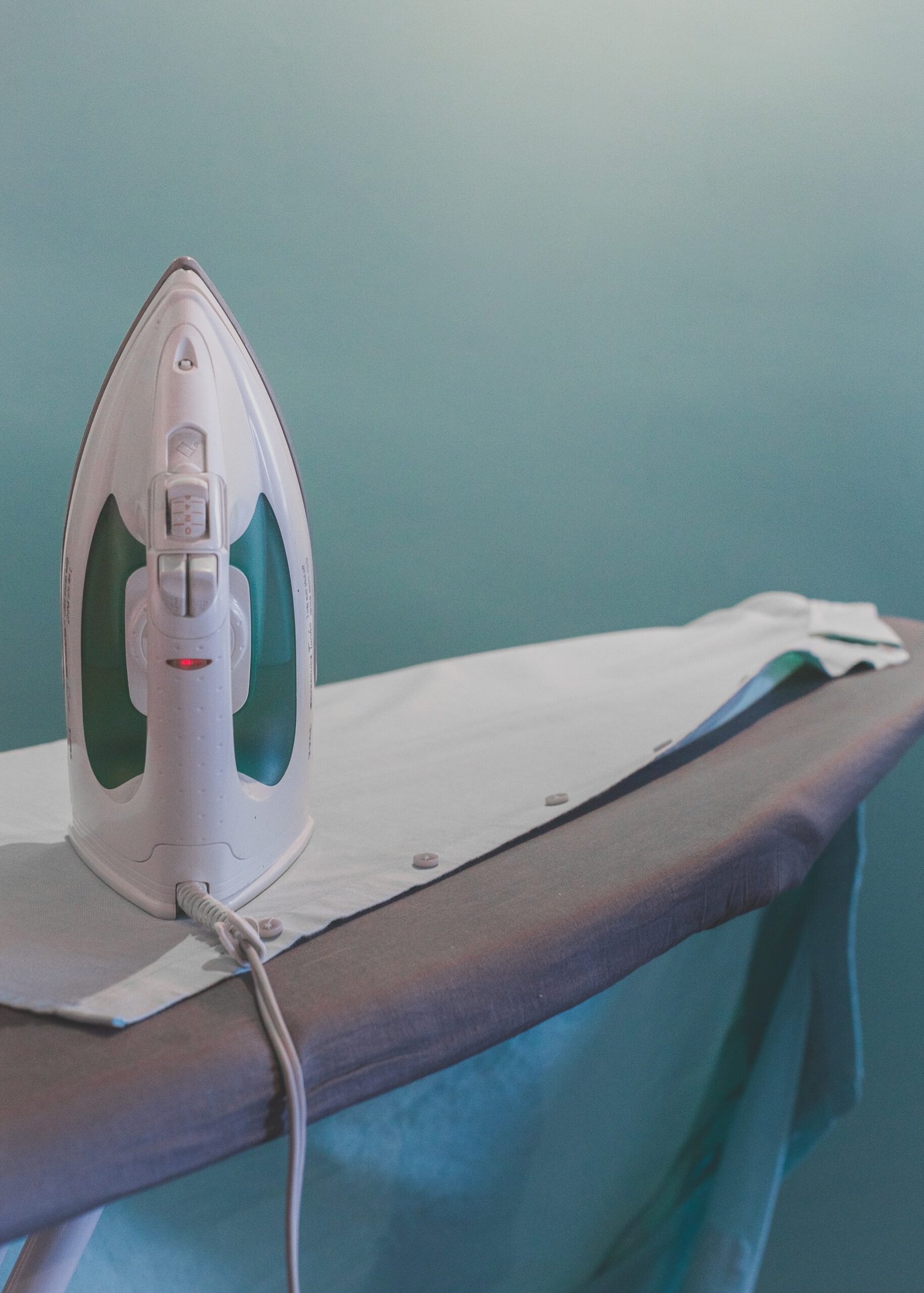In this episode of the podcast, titled “How to Pick the Best Doula for You: 6 Steps to Follow,” the host shares insights and advice on selecting the right doula for expectant mothers. Drawing from her extensive experience as a doula and attending over 300 births, she offers six practical steps to guide the selection process. From determining what qualities are important to you in a doula to researching and scheduling consultations, this episode provides valuable tips for finding the perfect doula to support your journey through pregnancy, labor, and childbirth. With her expertise and genuine passion for birth support, the host presents a valuable resource for pregnant women seeking professional guidance in selecting the ideal doula for their needs.
Read more about the latest articles
What the heck is a doula?
A doula is a trained and experienced professional who provides continuous physical, emotional, and informational support to the mother and her partner during pregnancy, labor, childbirth, and their postpartum journey. The word “doula” comes from an ancient Greek word meaning “woman servant” or “a woman who serves.” While there are various types of doulas available to support people throughout their lives, birth doulas are the most popular type hired.
Are there more than one type of doula?
Yes, there are many types of doulas available to provide support in different situations. Along with birth doulas, who provide support during labor and childbirth, there are:
- Antepartum Doulas: They support pregnant women on bedrest or in high-risk or high-stress pregnancy situations.
- Postpartum Doulas: They support new families as they transition from pregnancy to parenthood.
- Bereavement Doulas: They provide emotional, physical, and informational support to women and families processing the loss of a child.
- Abortion Doulas: These doulas offer nonjudgmental emotional, physical, informational, and logistical support and care before, during, and after a medical or surgical abortion.
- Sibling Doulas: They support families who already have children by staying with the older child(ren) while you are in labor and giving birth.
- Adoption Doulas: They build relationships with birth mothers and adopting or fostering families during the adoption process.
- Death/End of Life Doulas: They support individuals during their final weeks or days of life.
Depending on the season of life one is in and the experiences they are going through, there is a specific type of doula to meet their needs.
Read more about the latest articles
What to Do to Pick the Right Doula for You
-
What Qualities are Important to You: Before starting the search for a doula, it is essential to determine what qualities and characteristics are important. Factors to consider include experience level, training, certification, support for specific birth preferences such as home births or medicated births, and experience with specific situations like VBAC or high-risk pregnancies. Personal preferences regarding age, energy level, and affinity toward LGBTQ+ rights may also be important.
-
Start Your Search: Several methods can be used to find a doula. Google searches, doula training organization directories, and platforms like DoulaMatch.net are useful for finding local doulas. Seeking recommendations from trusted sources such as women who have used doulas before or healthcare professionals like doctors and midwives can also be helpful.
-
Do Your Research: Once potential doulas have been identified, it is crucial to thorough research their backgrounds. Look at their websites and social media presence to get a sense of their communication style and the messages they convey. Reading testimonials from previous clients on platforms like DoulaMatch.net can also provide insight into their work and reputation.
-
Schedule Your Consultations: Most birth doulas offer free consultations to meet potential clients and determine if there is a good fit. It is recommended to schedule consultations with multiple doulas to have options and make a well-informed decision. Prepare a list of questions to ask during the interviews to gain an understanding of their experience, philosophy, and approach to childbirth support.
-
Bring Your Partner: Involve the partner in the decision-making process since the doula will be supporting both the mother and the partner. It is important for the partner to feel comfortable and have a good rapport with the chosen doula. Including the partner in doula consultations allows them to assess compatibility and ensure a positive birthing experience for everyone involved.
-
Ultimately, Trust Your Gut: Intuition plays a significant role in selecting the right doula. If something feels off, even if the doula has excellent reviews or recommendations, it is important to listen to those instincts. Each person’s birth experience is unique, and it is crucial to have complete comfort and confidence in the chosen doula.
In Summary
To choose the right doula, it is essential to identify the type of doula needed, consider important qualities and preferences, conduct thorough research, schedule consultations with potential doulas, involve the partner in the decision-making process, and ultimately trust one’s instincts. This process ensures finding the perfect doula to provide the necessary support and assistance during pregnancy, labor, childbirth, and the postpartum journey.












